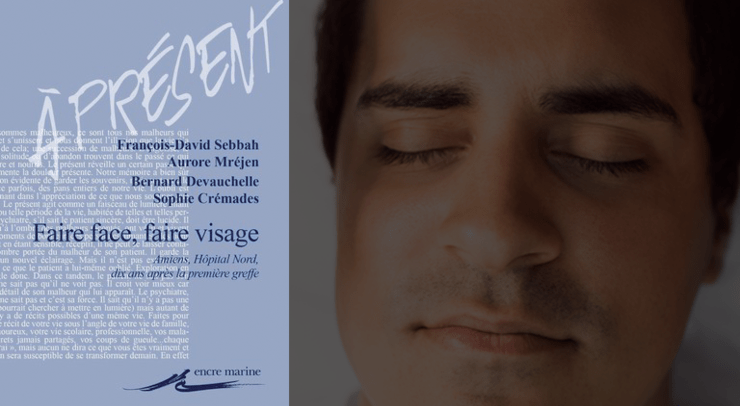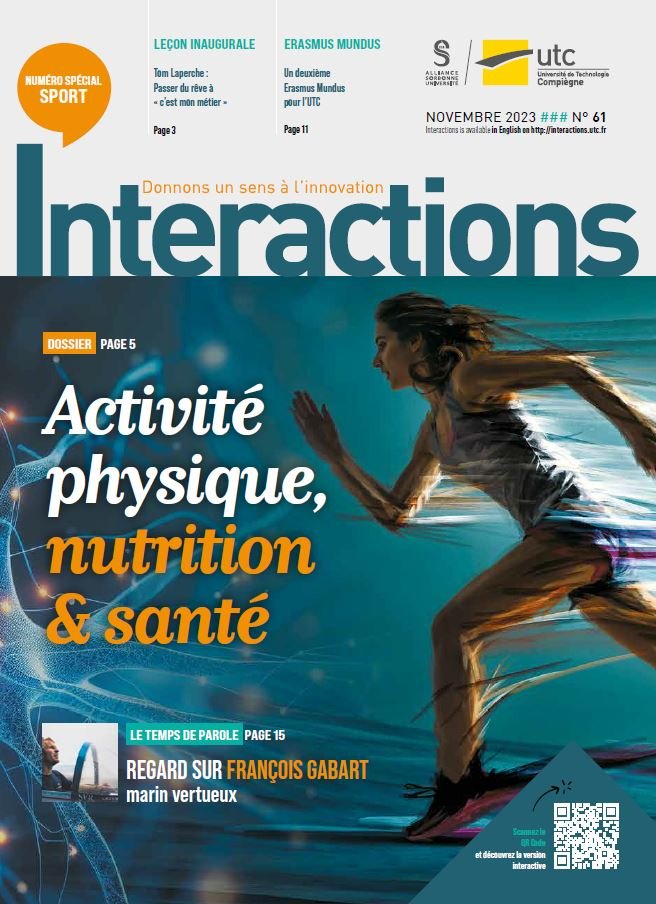
Some thirteen years after the first successful partial face transplant operation performed by Prof. Bernard Devauchelle at the teaching CHU hospital at Amiens, a book entitled “Faire face, faire visage” [The Courage to remake a Face] published in the collection “Encre marine des Belles Lettres”. This exceptional scientific, technological and human adventure is revealed via eyewitness accounts and analyses of practitioners, philosophers and the patients.
This book represents one of the supports implemented in the framework of the scientific programme «“Technologies and Human Traces” administered by the UTC-COSTECH lab, who addressed the issues involved in transplant operation. It is the result of original research investigations carried out by several research scientists in the field of Philosophy, who spent 15 days in complete immersion at the maxillo-facial surgery unit of the CHU Amiens.
It was an experience that enabled François Sebbah – a former UTC-COSTECH Director, currently Professor of Contemporary Moral Philosophy at the university Paris Nanterre and Aurore Mréjen, PhD in philosophy and research scientist at the LCSP (Laboratory for Social and Political Change) at the university Paris Diderot, to critically assess the theory developed by philosopher Emmanuel Lévinas about the role face play in our relationships to others, in regard to the realities experienced by practitioners and patients.
Going beyond the strict theoretical dimensions, this approach allowed the authors to analyses in depth this debate over and above its purely aesthetic considerations. When, for instance, is it legitimate to propose that a patient in good health otherwise accepts to undergo a face transplant operation, with its risks? The answer can only come case by case. The text by Dr Sophie Crémades, a psychiatrist at the CHU Amiens and the experience related by two persons who have benefited from facial reconstruction surgery serve to demonstrate the complex role played by our faces in the relationship to ourselves and to others. Judging by these varied points of view, we can see that our face is more than just an ‘organ’; indeed it is a mark of our ‘humanity’, with its capacity to convey feelings and its vulnerability. The pluridisciplinary medical team that surround face transplant operations takes all these psychological and social factors into account.
A pluridisciplinary approach
The four texts that constitute the book describe the face transplant operation and its protocols and try – each in a specific manner – to relate, as best they can, the experience to its deeper meaning. The texts intermesh and echo each other. The third Part of the book is an exchange with Professor Bernard Devauchelle, Head of the Maxillo-Facial Surgery Unit at the CHU Amiens. This particular text throws light on the need to combine technical virtuosity for what is an extremely complex operation and an understanding of the patient’s personality, in order to rebuild a face that ‘lives’, conveys feelings and the personal ‘history’ of its owner.
Prof. Devauchelle was delighted to welcome the academic mission, its members being totally unfamiliar with the world of medicine. “Interdisciplinarity lies at the core of what we have been doing for 20 years now, with projects that involve historians, sociologists, anthropologist and engineers … we attach a high degree of importance to research activities and to innovation”. Inasmuch as he is an enthusiast for art, history and philosophy, the atypical surgeon Bernard Devauchelle is also a driving force for numerous extra-medical projects with ‘Faire Face’ – PIA, an institute of which he was co-founder. The ‘Institut’ carries out research for medical, technology-intensive and humanistic purposes.
There is also an exhibition and studies on WW1 in a partnership with a British university and a survey of the masons’ work restoring stone faces on the Cathedral of Amiens, compared with the surgeons who look after patients today. These are rich forms of collaboration that open up new prospects for further research. The book “Fair Face, faire visage” perfectly holds its rank among initiatives that involve social sciences, humanities and Society at large. n
Faire face, faire visage.
Amiens, Hôpital Nord, dix ans après la première greffe.
Collection encre marine, éditions Les Belles lettres




